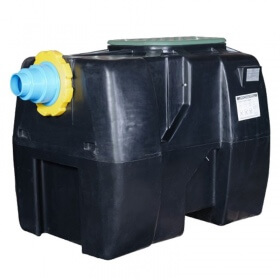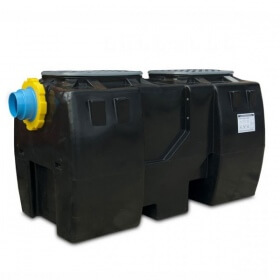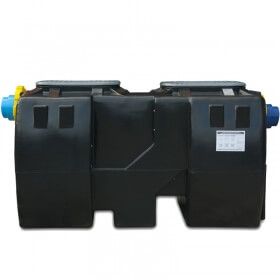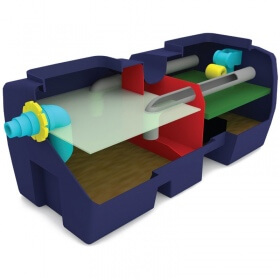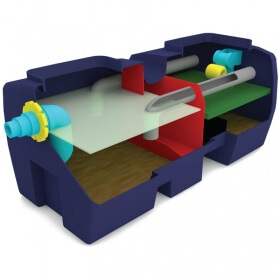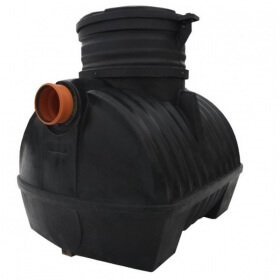Fuel substances separator OIL I
- Fuel substances separator
- Separator with the coalescent or lamellar cell
- Flow of 3l/s to 45l/s
1 Review(s)
Price
3,743.08 PLN
Regular price
3,982.00 PLN
3,043.15 PLN
tax excl




















